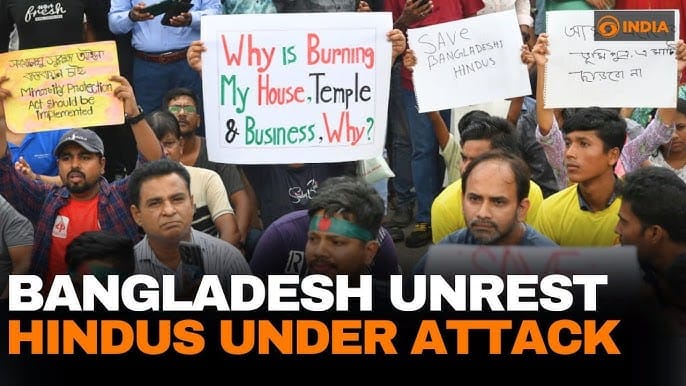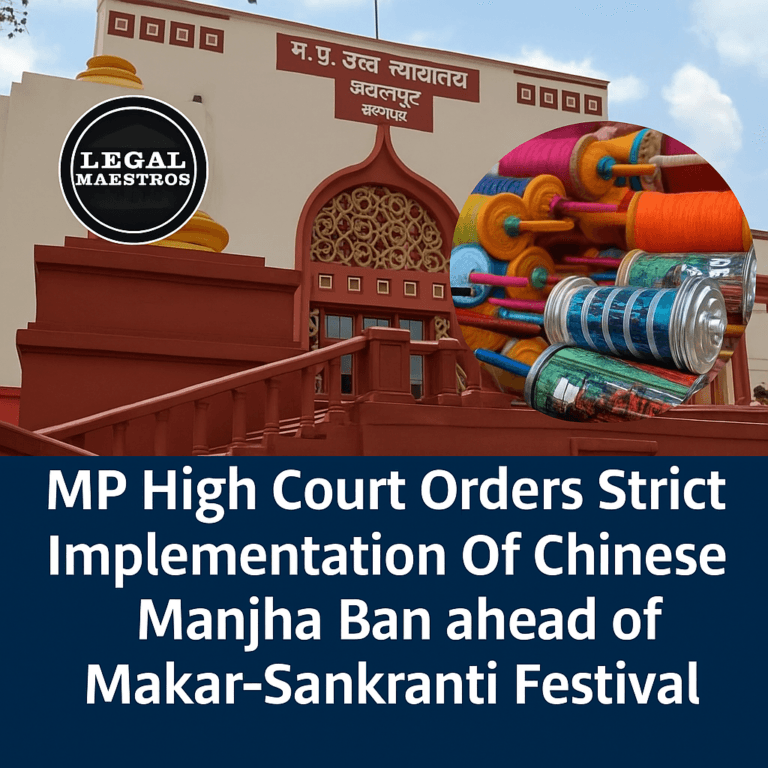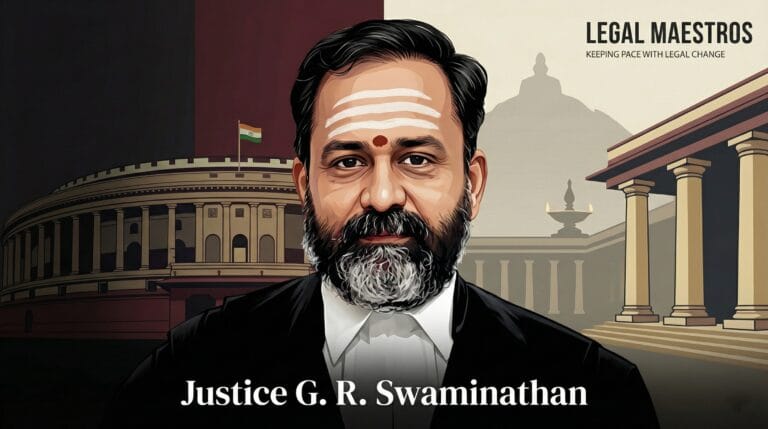
Is Pravin Gandhi College of Law’s Approval Valid Despite Its Website’s Omission Since 2016-17, as BCI Clarifies to Bombay High Court?
A Digital Error, A Legal Crisis: Pravin Gandhi College of Law’s Approval Validated
A strange case that was in the news of the legal community recently was that of the Pravin Gandhi College of Law (PGCL). A leading legal education institution, the institution was in a fix when some of its new graduates failed to get provisional sanad by state bar councils, which is important to pass the All India Bar Examination (AIBE).
The denial was caused by an impressive omission: the college was not on the Bar council of India (BCI) site as an approved one since the academic year 2016-17. This online monitoring created a major legal and professional dilemma to the students who had done their legal studies legitimately. The case was filed in the Bombay High Court and this prompted a very important clarification by the BCI itself.
The Bar Council’s Confession: A Website Glitch
The Bar Council of India made a very open confession before the Bombay High Court in a huge development. It established that the fact that Pravin Gandhi College of law was not included in its list of approved institutions was not an error on the part of the college but rather an error that had somehow slipped into its website.
For any queries or to publish an article or post or advertisement on our platform, do call at +91 6377460764 or email us at contact@legalmaestros.com.
The counsel of the BCI presented before the Justice Ravindra V. Ghuge and Ashwin D. Bhobe that all the required registrations had actually been bestowed on the college. This revelation was a massive reprieve to the students and the college since it instantly legitimized the degrees of all students who had attended their studies at the time in question. The BCI further guaranteed the court that it would make changes to their website to reflect the right status of the college and all the State Bar Councils would be notified at the earliest to avoid further complications for the students who were seeking their provisional sanads.
The College’s Stance and the Court’s Order
On its part, Pravin Gandhi College of Law had always insisted that it had been given the green light by BCI. The letter of the BCI dated September 13, 2025, that was presented by senior college counsel expressly stated that the registration of the college would not only remain up to the 2024-25 academic year but has been extended as well to the following year. The college had been in constant contact with the BCI so that its position was clear.
Bombay High Court, which got these submissions and also the explanation given by the BCI, quickly dismissed the writ petition which had been filed by the students. The order passed by the court basically substantiated the case that the students had and their entitlement to have their provisional sanads without any interference. It noted that the petitioners had attended college when it was duly registered and they ought not to suffer due to an administrative or technical oversight on the part of the BCI.
Broader Implications for Legal EducationGeneralized Applications in Legal Education.
Although the case was a big win to the pupils of the Pravin Gandhi College of law, it also gave a greater systemic problem to the scene of legal education in India. The incident highlights the extreme significance of a clear and virus-free system of keeping and publishing records of approved law colleges. It points at the insecurity of the students, whose academic and professional career may be threatened by a mere mistake of a webpage.
The case is a stern lesson to regulatory institutions such as the BCI to make sure that their online platforms are highly maintained to avoid such discrepancies. It also casts doubt on the due diligence of state bar councils in cross referencing the information prior to rejecting applications lodged by would be advocates.
The decision may result in a more efficient and cautious attitude of the educational establishments and regulators. In recent years, the Bar Council of India has been very strict in making sure that the legal education is of the required standards and have even set a three year moratorium on new law colleges in order to stem out the mushrooming of poor law education. Nevertheless, this situation demonstrates that despite all this rigorous approach, administrative negligence may still lead to a lot of distress. The swift and firm decision of the Bombay High Court on this issue is a well-deserved and explicit precedent.






